Clove Bud Essential Oils
Country of Origin: Indonesia
INCI Name: Eugenia Caryophyllus
Aroma: Herbaceous, spicy, earthy
Packaging: Amber bottles, jugs, drums
Applications: Skincare, Soap Manufacturing, Candles
100% Pure, no dilutants or carriers added
Non-GMO
Not tested on animals
Irradiation free
IFRA attached for usage guidelines
Benefits: Digestive aid, insect repellant, expectorant, antiseptic, perfuming, flavoring, antimicrobial, antifungal, antiviral
Clove Bud and Clove Leaf essential oils are from the same plant, but the smell and strength of each is completely different. Clove bud essential oil is much heavier and stronger, making it an excellent addition for diluted formulas or for diffuser blends. Clove bud essential oil should never be applied directly to the skin as it is much stronger than clove leaf. Clove leaf essential oil holds the same beneficial properties, but it is milder in scent and smell.
Clove essential oils are all composed of eugenol, eugenyl acetate, and caryophyllene. Clove bud essential oil has much higher levels of eugenol (up to 90% of the oil), which gives it the stronger scent level and the need to dilute it before applying to the skin.
Clove essential oils both elicit spicy, aromatic smell memories. Think pumpkin pie or Christmas mulling spices. Clove essential oils both blend well with essential oils like sweet orange, frankincense, bergamot, cedar, fir, patchouli, cardamom, black pepper, nutmeg, basil, vanilla and cinnamon. Add a blend to your hand crafted soap bars (from our melt-and-pour bases, of course) to create a warm, spicy, creamy body wash or shampoo bar.
Clove essential oils are commonly used in dental care products. Mouthwash, toothpaste, sore gum treatments, you name it. The antifungal, antiviral and antimicrobial properties make it ideal to add to mouth care products.
Clove bud essential oil is also a stimulant, so consider adding it to a massage oil, foot cream or foot soak to help improve circulation. Clove is also popular to blend with cinnamon and pink grapefruit to create anti-cellulite products.
Clove would also make an excellent additive to a waterless hand cleaner. The strong antibacterial properties would blend well in a base of Aloe Vera Gel, isopropyl alcohol, and maybe essential oils like peppermint and pink grapefruit. Clean hands and smells good!
Clove essential oil was tested at the Mahidol University in 2012 to show the antimicrobial effects when blended with lemongrass on the staphylococcus aureus bacteria (commonly found in acneic skin). The blend was shown to reduce the bacteria on the skin and it is a natural alternative to help rid the skin of acne. Try blending a small amount of clove and lemongrass into a facial oil for spot treatment of acne.
Clove is also an excellent antioxidant. It has a rating on the ORAC scale of 290,283 (blueberry is only 9,621).
Essential oils are sold in 1-ounce amber glass bottles, 4-ounce amber glass bottles, 8-ounce amber glass bottles, 16-ounce amber glass bottles, 5-pound, 10-pound, and 25-pound sizes. 25 pound sizes may have a later ship date depending on stock on hand. For 100-pound sizes or larger, please email is at orders@shayandcompany.com.
Do not apply directly to skin. Most essential oils are not designed to be applied directly, rather they are designed to be mixed with a carrier oil such as our organic sunflower or organic jojoba oils. Always perform a small patch test when applying to skin.
Do not take internally unless you are licensed to apply them as such.
This information is for reference only. These recommendations have not been evaluated by the FDA and are not meant to treat, cure or remedy any diseases.
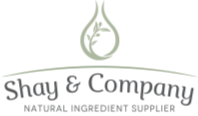


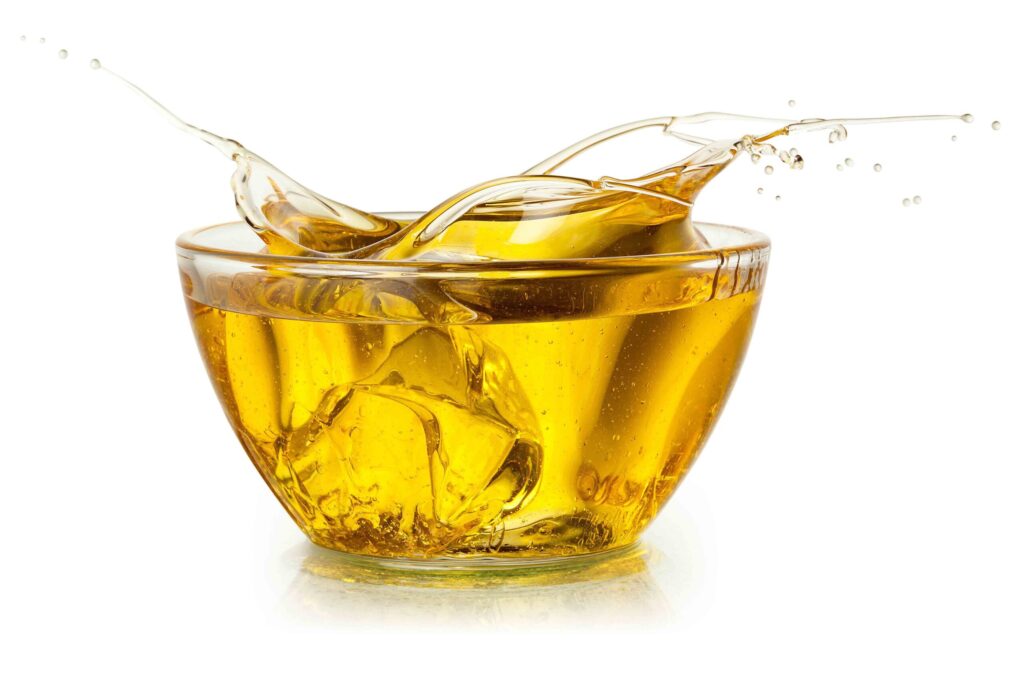
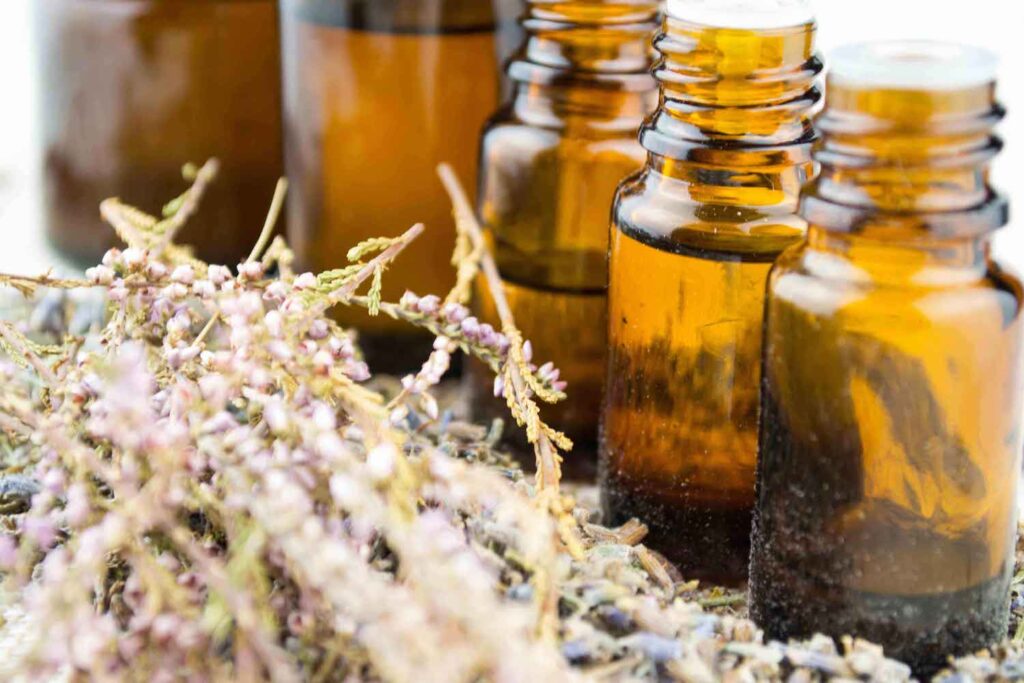

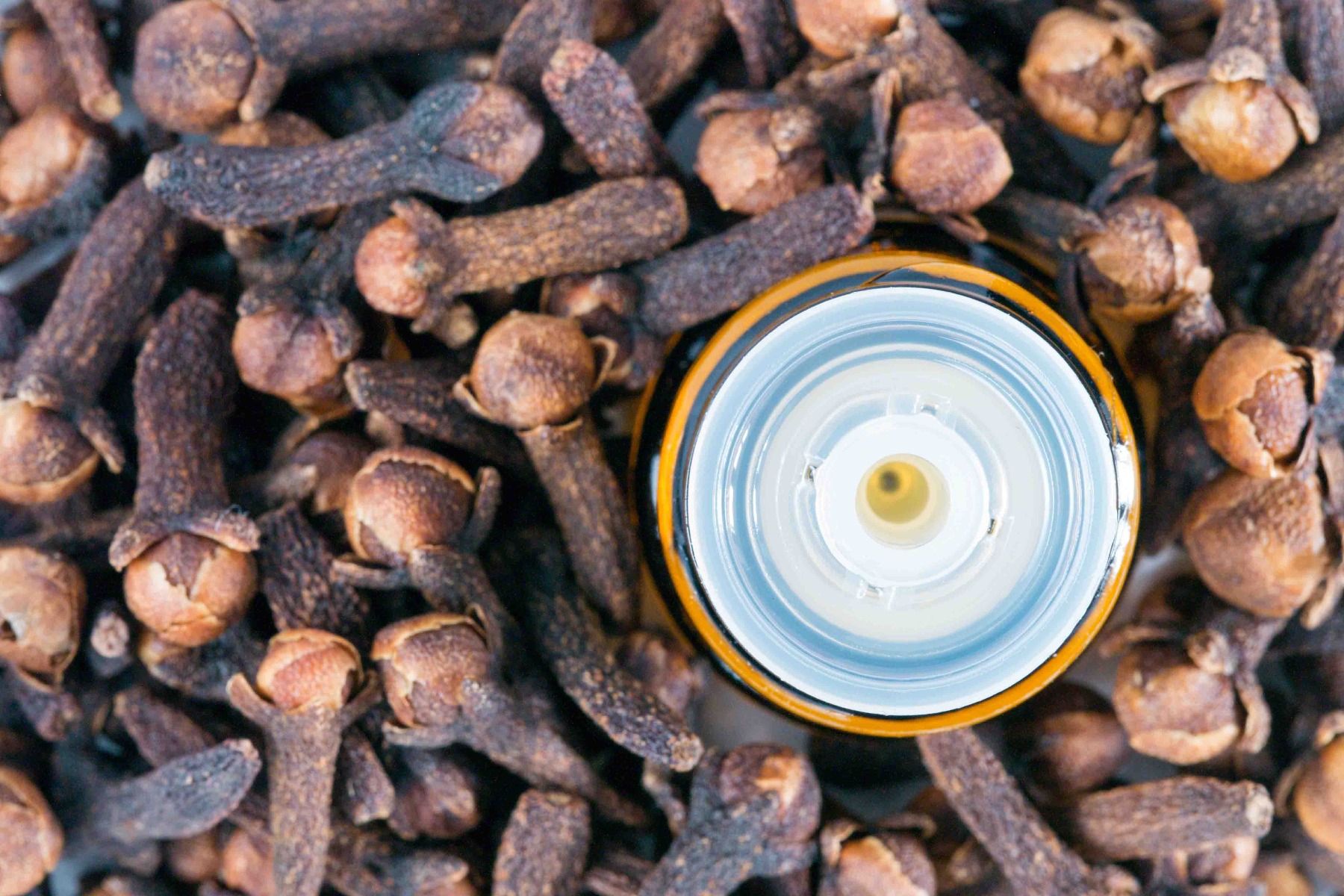
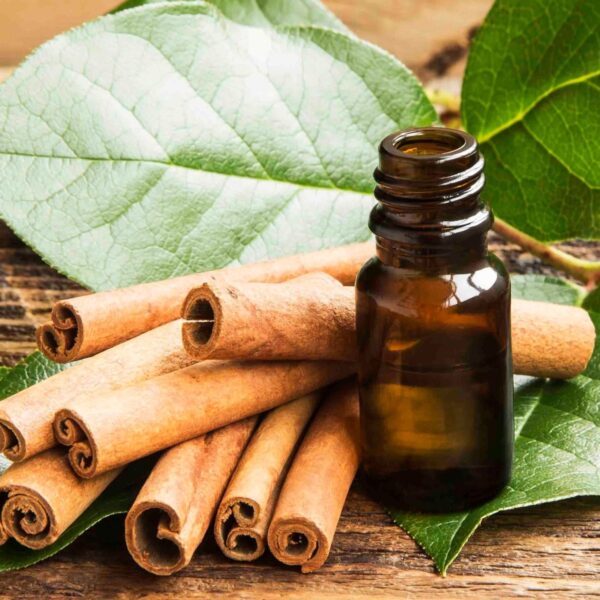
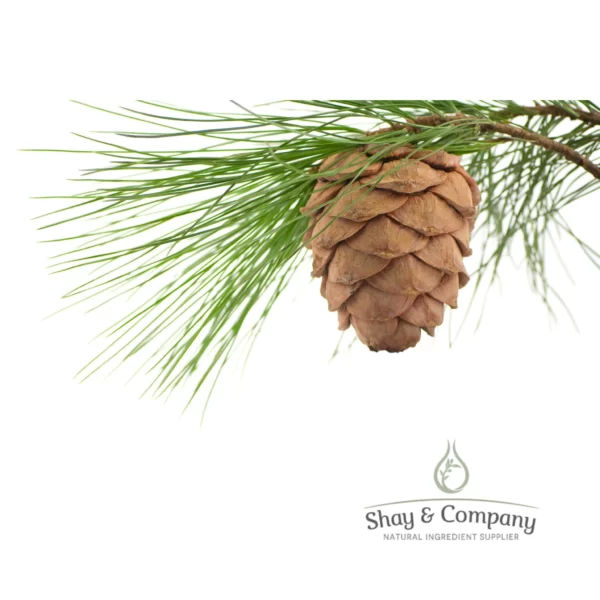
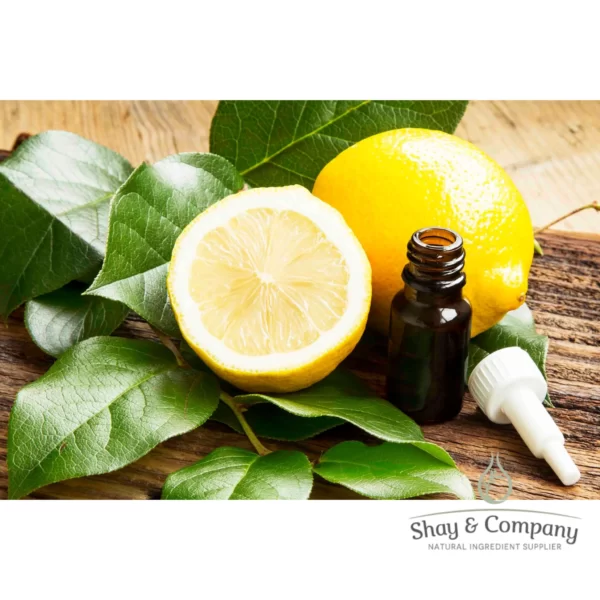
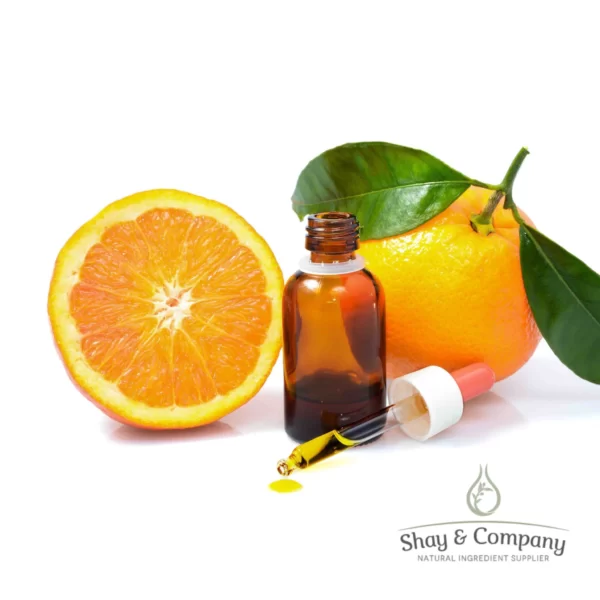
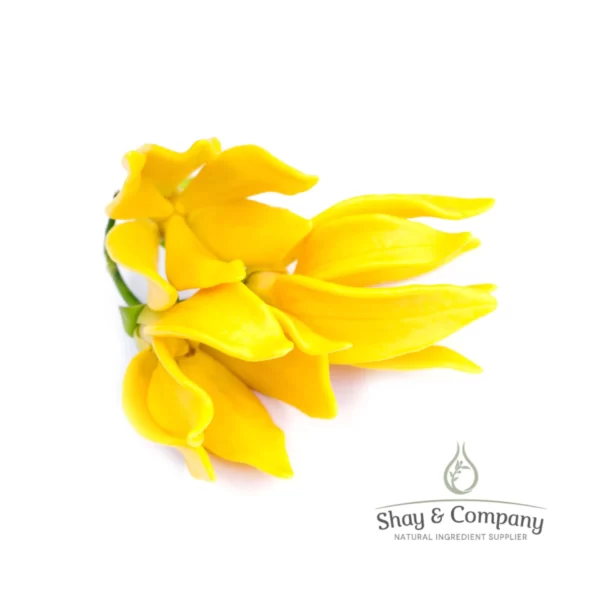
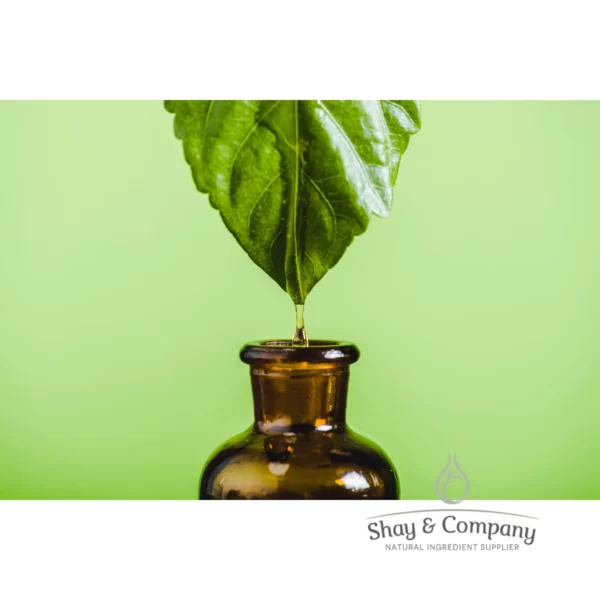
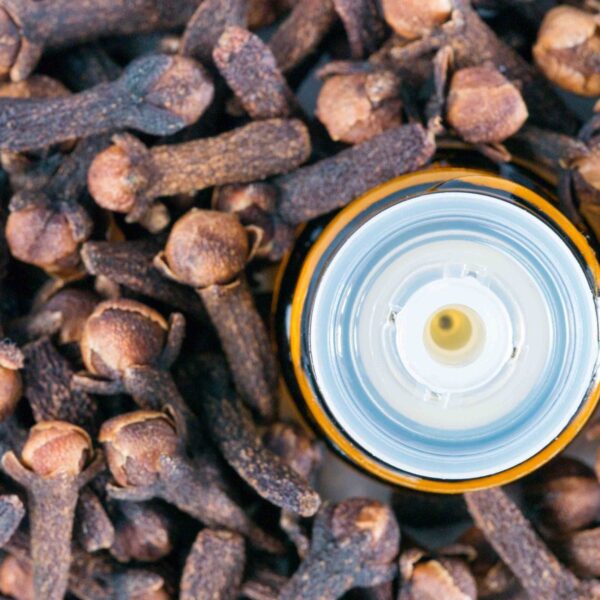
Reviews
There are no reviews yet.